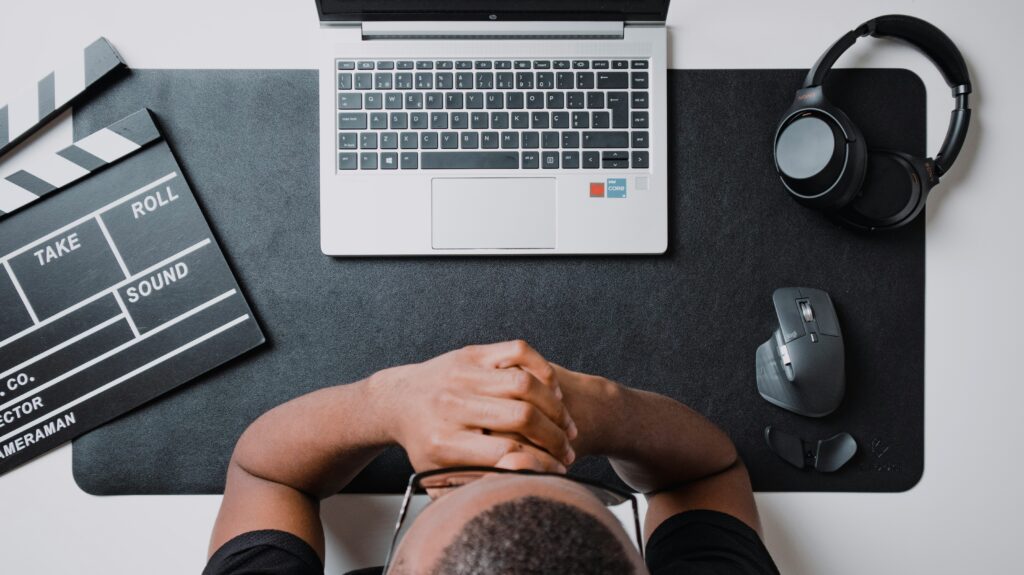
Written by Carmen Zhou
As I have been applying to co-ops and internships for the summer, I’ve realized how crucial efficient interview preparation is. Over time, I’ve transformed from someone who was once a nervous wreck into someone who, while still experiencing some nerves, can now approach interviews with confidence and an organized mindset.
The first thing I do when I receive an interview invite is to thoroughly research the company. The main points I focus on in my research is what the company is about, learning its products and services, and familiarizing myself with its goals, missions, and values. This knowledge is essential when answering common questions like “Why this company?” or “What interested you in applying here?”. Showing that you’ve done your research demonstrates genuine interest and allows you to tailor your responses to align with the company’s values. After researching and understanding the company, it’s time to prepare how I can best present myself as a strong candidate. I write out a list of my relevant experience and skills that would make me the best candidate for the role and then craft responses to common interview questions. I research basic interview questions, both behavioural and administrative, as well as the best interview methods, such as the STAR method (Situation, Task, Action, and Result). Additionally, preparing a few questions is key to having a good interview as well. Asking questions shows curiosity and engagement with the role, helping you to stand out as a candidate.
Once I have all the necessary information and responses for the interview, it’s time to practice. There are many methods on how to effectively practice answering questions, but my favourite is to conduct mock interviews with a friend, as practicing out loud helps refine my answers and build confidence. I also like to record myself answering questions. I find that recording myself also helps me to assess and become aware of my mannerisms, tone, and pacing. When I first started this, I noticed that I sometimes had a very robotic way of speaking. Since then, I’ve learned how to reply more naturally and make the conversation flow more easily.
There are also a lot of resources available that can provide further help in the interview process. At Simon Fraser University (SFU), through the MyExperience Co-operative Education board, there is SFU InterviewPrep, a service that helps you practice interviews online 24/7 and receive immediate feedback as well. SFU Career and Volunteer Services is another great resource to use as they provide expert guidance and support for career preparation. SFU LYFE has recognized how useful these services are and have decided to partner with SFU Career and Volunteer Services for a workshop event where we will provide resume and interview tips! If you want to sharpen your skills and receive feedback, join us for our workshop event on Wednesday, March 26, 2025 from 1:00 – 3:00pm at SUB 4200!
Interviewing can be intimidating, but with the right preparation, practice, and resources, you can gain confidence and make a lasting impression on employers. Lastly, It is important to recognize when it’s time to move on. Not every interview will go as expected, I’ve had my fair share of questionable interview experiences. The key is to acknowledge them, reflect on what you’ve learned, and keep moving forward. Every interview, good or bad, is further experience and a stepping stone to growth and success.
